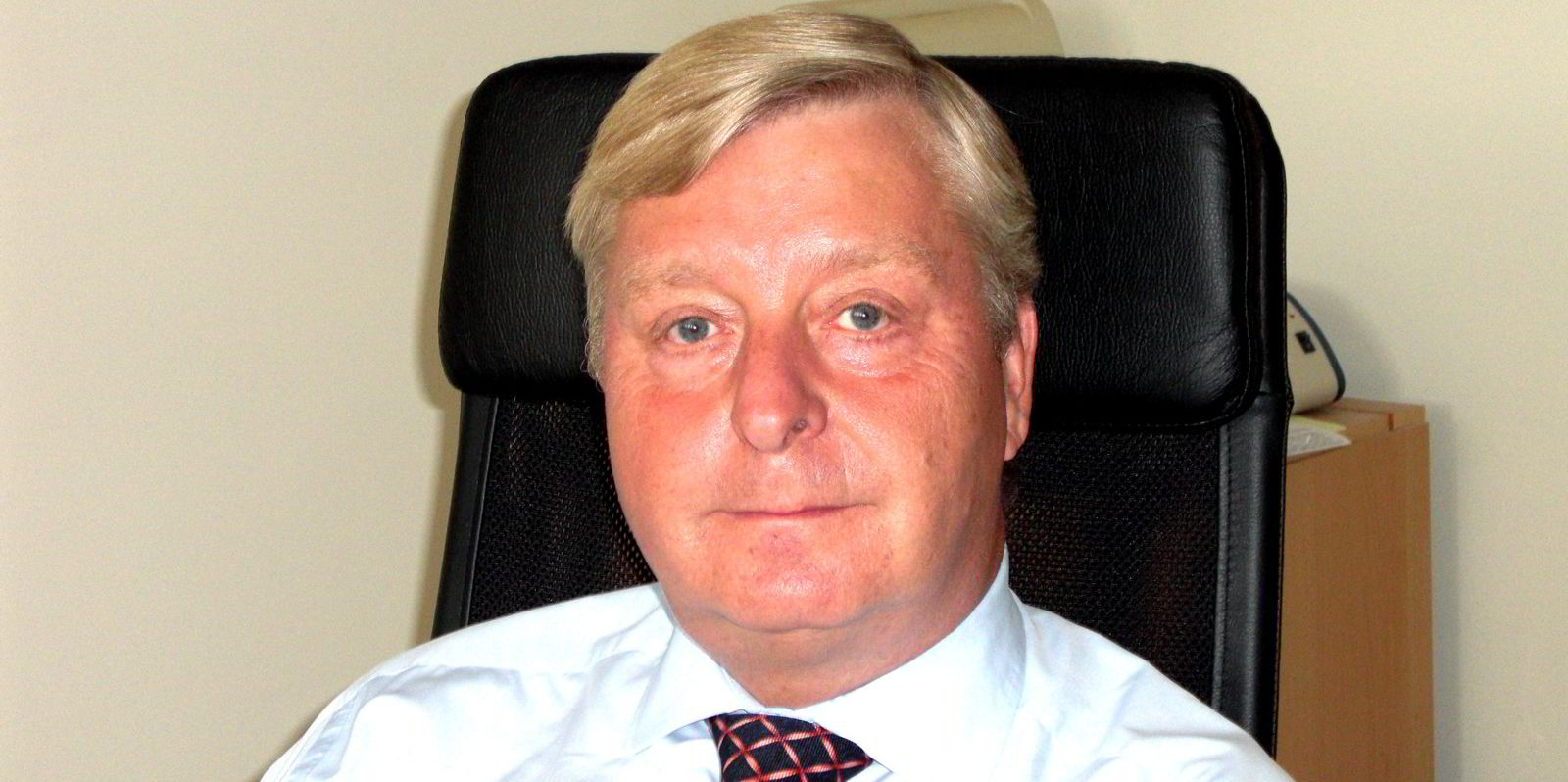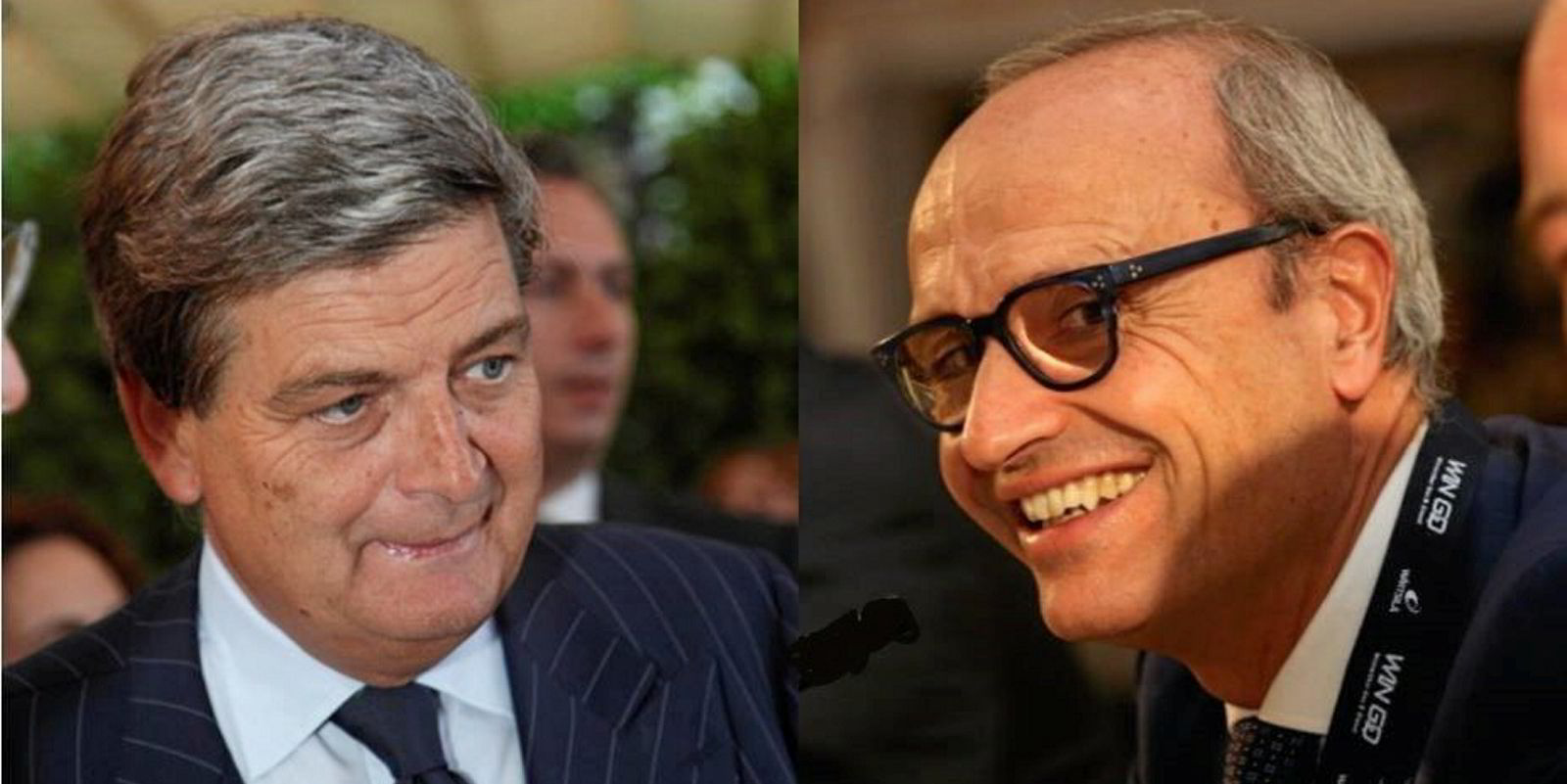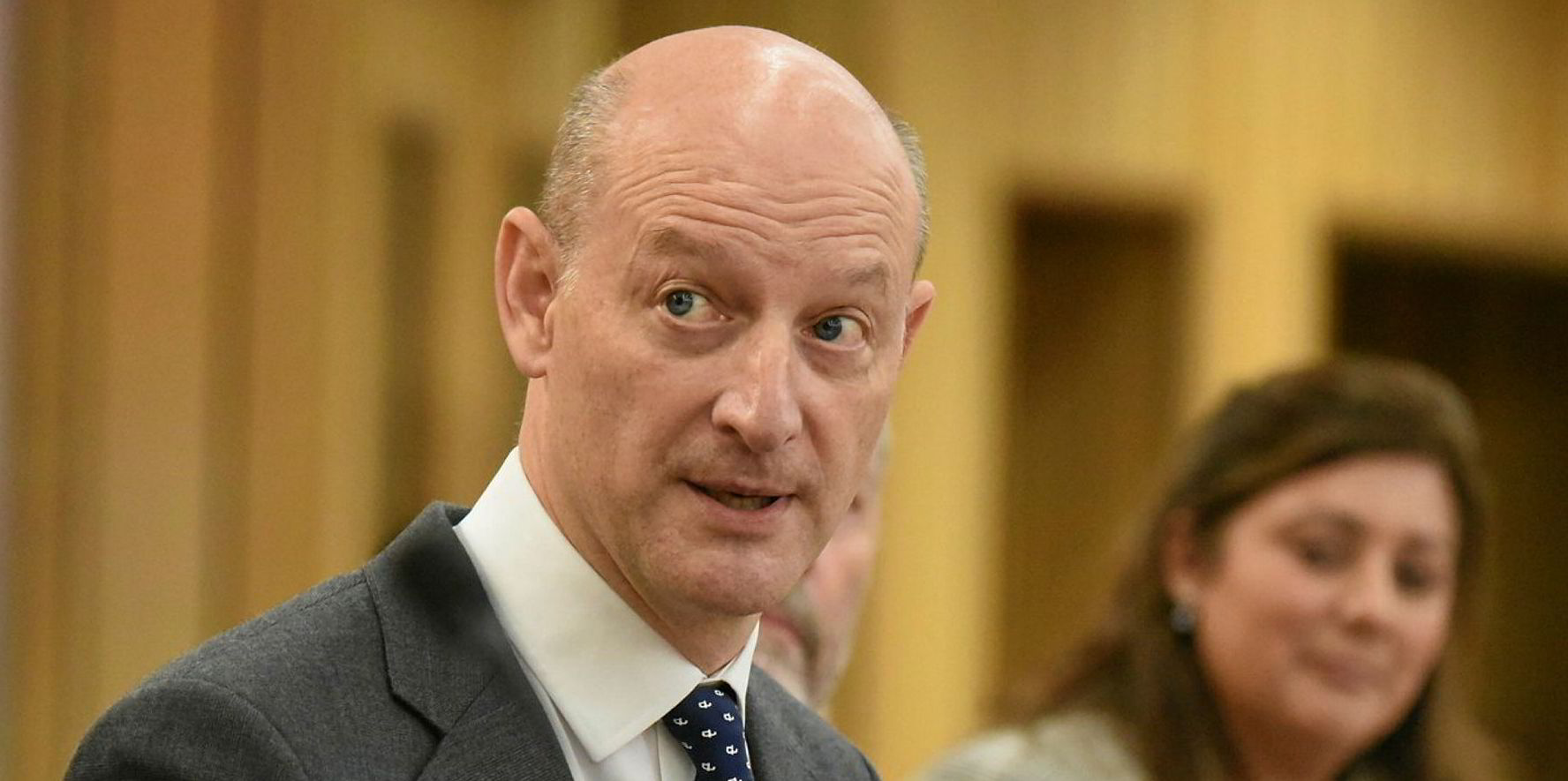Marine insurance broker Wilson Europe says a recent improvement in the underwriting results of protection and indemnity clubs is unlikely enough to end the rising rates of the past two years.
The broker’s comments, made in its recently released P&I report, come just as club managers are poised to announce their planned general increases for next February’s renewal.
The London-based broker warned that many shipowner mutual clubs may still have work to balance the books.
Although a fall in pooled claims at the International Group of P&I Clubs has helped improve underwriting figures, other key indicators are less favourable.
Wilson Europe points out that the $127m underwriting profit reported by the clubs in the last accounting period was all down to Gard’s $130m surplus.
The P&I clubs’ free reserves are down 15% over the last five years. They are now at the lowest level since 2015, as a problematic investment market has impacted the P&I clubs’ overall financial performance.
On top of that, they are facing inflationary pressures.
“It is perhaps surprising that some market commentators have suggested that most clubs do not need general increases at the 2024 renewal,” said Wilson Europe managing director Julian South.
“The long-term sustainability of the industry is far more important for most shipowners than premature and short-term pricing enhancements.
“Clubs now need a period of low claims, low inflation, good investment results, skilful and disciplined underwriting and sound management to bring the shipowner-owned businesses back into measured financial strength,” he said.
South also urges shipowner members to closely monitor the diversification plans of the P&I clubs’ management boards.
He cited earlier examples of failed diversification efforts — such as Skuld and the Standard Club’s establishment of Lloyd’s of London syndicates — as examples of what can go wrong when management decisions are left unchecked.
“In order to avoid history repeating itself, shipowner members, who of course own their clubs, should take a real interest in their club’s management and ultimate direction,” South said.
“This will avoid just a handful of elite directors, often not sufficiently independent of, or too partisan to the club managers and their own vested interests, taking decisions which have significant implications for the club and its members.”






